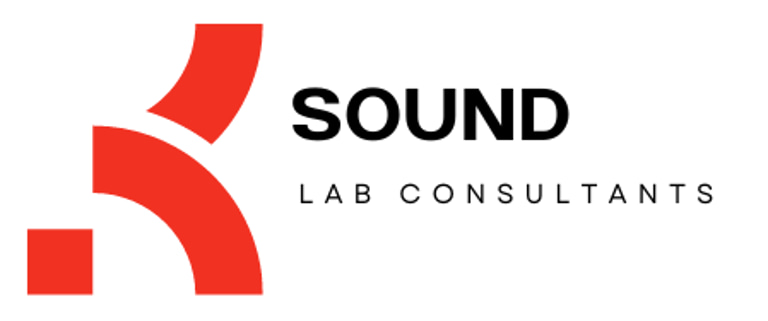Introduction
Laboratories play a critical role in healthcare, providing diagnostic services that aid in patient care. To ensure quality and safety, laboratories undergo regular inspections by accrediting bodies such as the Clinical Laboratory Improvement Amendments (CLIA), College of American Pathologists (CAP), and the Commission on Office Laboratory Accreditation (COLA). These inspections aim to identify areas of improvement and adherence to regulatory standards. However, sometimes laboratories may receive unfavorable survey citations, indicating areas that require correction. In such cases, sound lab consultants can prove invaluable, assisting laboratories in addressing these citations and achieving compliance. This article explores a failed laboratory survey scenario and discusses how lab consultants can play a vital role in resolving survey citations.
A Failed Laboratory Survey
Consider a fictional scenario where a clinical laboratory receives a failed survey report from one of the accrediting bodies. The survey uncovers multiple citations related to various aspects, including quality control, documentation, personnel competency, and instrument maintenance. These citations indicate non-compliance with regulatory standards and highlight areas that require immediate attention and correction.
Understanding the Role of Lab Consultants
Lab consultants are experienced professionals with in-depth knowledge of laboratory operations, quality management systems, and regulatory requirements. They possess expertise in various fields, such as clinical chemistry, microbiology, hematology, and immunology, enabling them to provide comprehensive guidance and support. Lab consultants play a crucial role in helping laboratories resolve survey citations and achieve compliance, ensuring high-quality patient care.
Addressing Quality Control Issues
One of the common areas cited during laboratory surveys is quality control. Consultants can assist by conducting a thorough review of the laboratory's quality control processes and identifying gaps or deficiencies. They can help develop robust quality control procedures, establish appropriate control limits, and implement effective documentation practices. Lab consultants can also provide training to laboratory staff on proper quality control practices, enabling them to meet regulatory requirements and ensure accurate test results.
Improving Documentation Practices
Accurate and complete documentation is crucial in laboratories to maintain traceability, demonstrate compliance, and facilitate effective communication. Consultants can review the laboratory's documentation practices and identify areas that require improvement. They can help develop standardized document control procedures, implement electronic documentation systems, and provide training on proper documentation techniques. By enhancing documentation practices, laboratories can streamline their operations, reduce errors, and address survey citations related to inadequate documentation.
Enhancing Personnel Competency
Personnel competency is a vital aspect of laboratory operations. Survey citations related to personnel competency may arise due to insufficient training, lack of continuing education, or inadequate documentation of staff qualifications. Lab consultants can assess the laboratory's training programs, competency assessments, and continuing education initiatives. They can help develop comprehensive training plans, establish competency evaluation processes, and guide laboratories in meeting regulatory requirements. By focusing on personnel competency, laboratories can improve the overall quality of their operations and address survey citations in this area.
Optimizing Instrument Maintenance
Maintaining laboratory instruments in optimal condition is essential for accurate and reliable test results. Survey citations related to instrument maintenance may indicate issues such as inadequate calibration, lack of preventive maintenance, or improper documentation of maintenance activities. Lab consultants can conduct a thorough assessment of the laboratory's instrument maintenance practices, identify areas for improvement, and develop maintenance schedules and protocols. They can also assist in implementing electronic instrument tracking systems to ensure timely maintenance and accurate documentation. By optimizing instrument maintenance, laboratories can resolve survey citations and ensure the reliability of their test results.
Conclusion
Receiving unfavorable survey citations can be challenging for laboratories striving to provide high-quality patient care. However, with the assistance of sound lab consultants, these citations can be addressed effectively. Lab consultants bring extensive experience and expertise to the table, helping laboratories resolve survey citations related to quality control, documentation, personnel competency, and instrument maintenance. By collaborating with lab consultants, laboratories can improve their operations, achieve regulatory compliance, and ultimately deliver accurate and reliable diagnostic services to patients.
